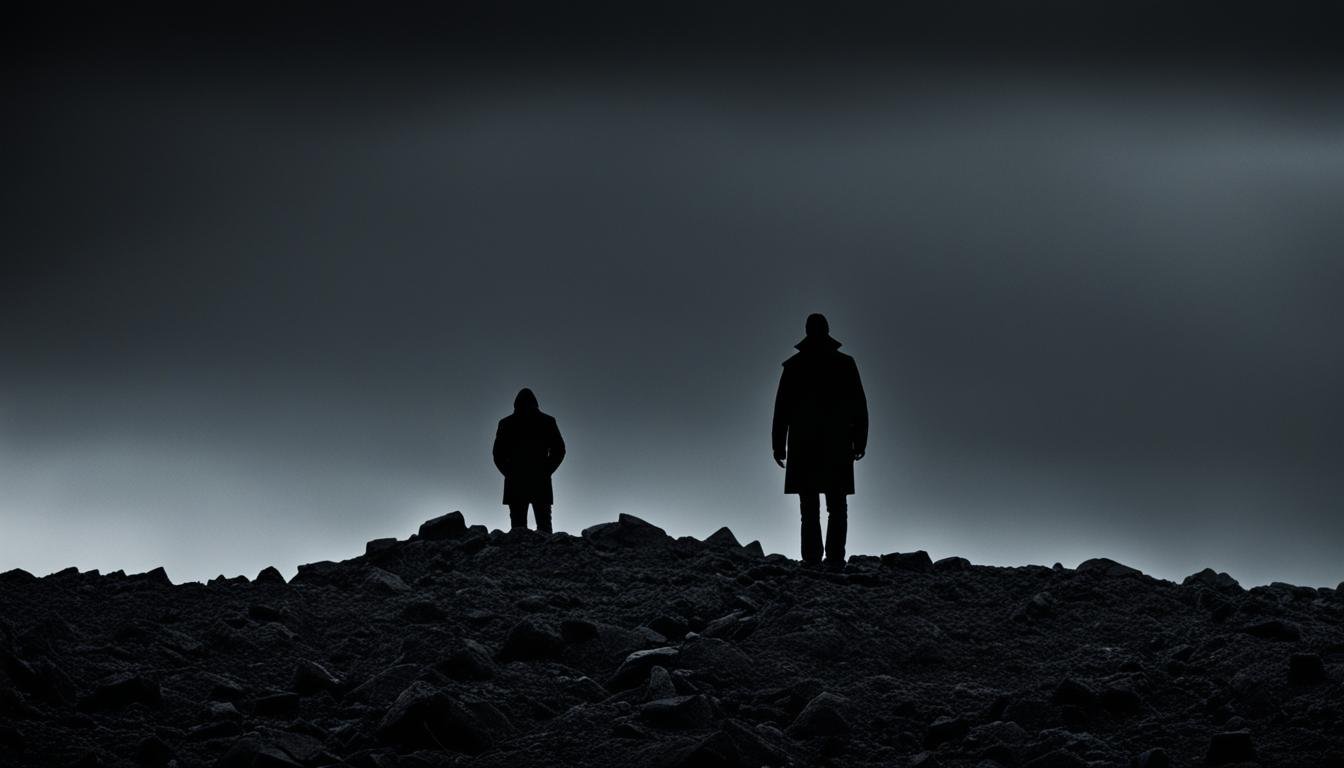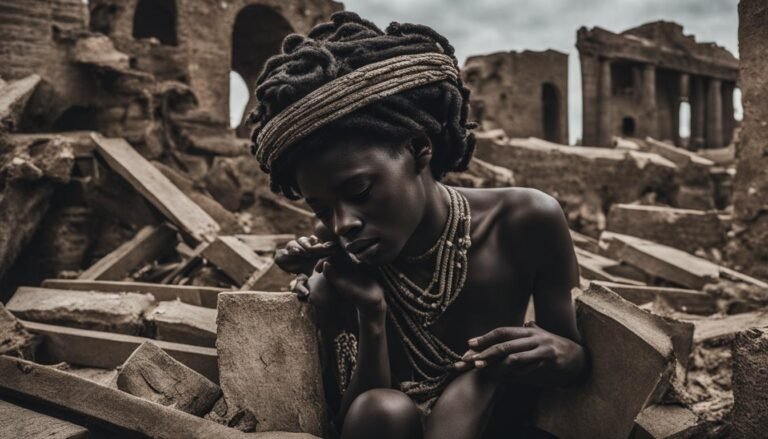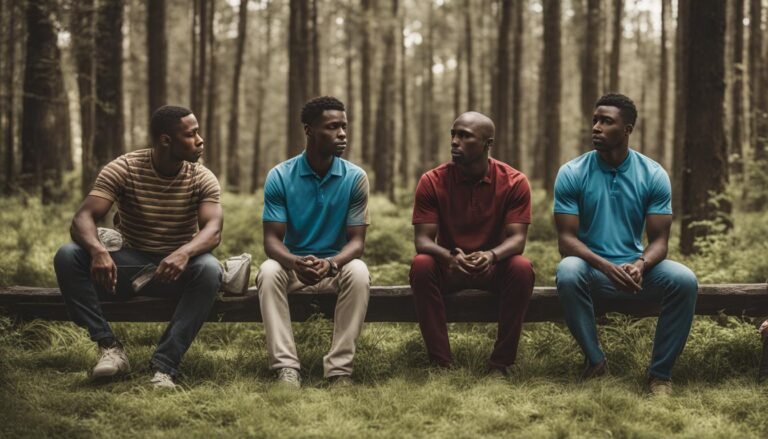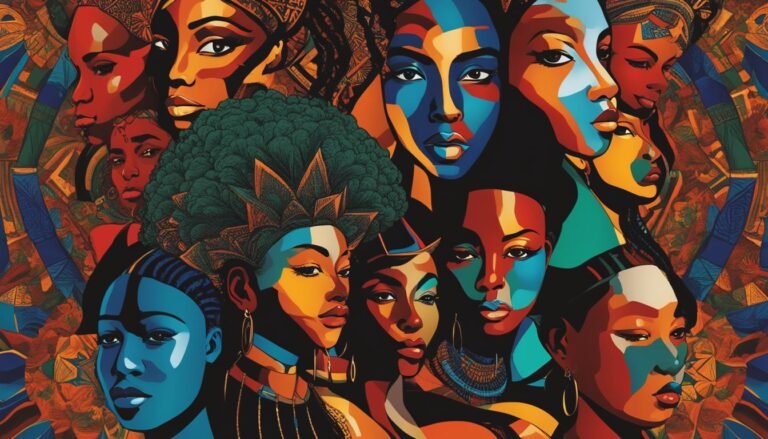How does the color Black affect your mood?
When it comes to the impact of color on our emotions and mental state, black is an intriguing shade to explore. Black has psychological effects that can influence your mood and overall well-being. This article will delve into the various aspects of black color psychology, examining its emotional effects and influence on mental state. By understanding the psychological impact of black color, you can gain valuable insights into the interplay between color and mood.
According to color psychology, black is associated with a range of characteristics and emotions. On one hand, black is often linked to authority, elegance, formality, intelligence, power, prestige, and sophistication. These positive associations can evoke feelings of confidence, sophistication, and grounding. On the other hand, black can also elicit negative emotions such as anger, aggression, fear, and sadness. The deeper aspects of black, like its association with the unknown and mystery, can create a sense of intrigue and introspection.
It is important to note that the meanings and associations of black can vary across different cultures. What holds a particular significance in one culture may have an entirely different connotation in another. Additionally, the use of black in language can be complex due to racial attitudes and biases associated with this color. Awareness of these nuances is essential to avoid inadvertently perpetuating stereotypes and discrimination.
Key Takeaways
- Black color can evoke feelings of authority, elegance, formality, intelligence, power, prestige, and sophistication.
- However, black can also elicit negative emotions like anger, aggression, fear, and sadness.
- The psychological meanings and cultural associations of black can vary.
- Black is often seen as a mysterious and protective color, symbolizing secrecy and the unknown.
- Awareness of racial attitudes and biases associated with the color black is crucial in language and communication.
The Psychological Meanings of Black
Black is often seen as a mysterious and protective color. It can symbolize hiding, secrecy, and the unknown. In color psychology, black is associated with power, control, and the absorption of negative energy. However, black can also be seen as negative, depressing, and pessimistic. Different cultures have different associations with the color black, with western traditions often associating it with death and mourning, while in China, white is the color associated with death. It is important to consider the cultural and racial implications of using the color black in language and communication.
When it comes to emotions, black can evoke a range of feelings. It has a way of making things feel serious and formal due to its association with authority and elegance. On the other hand, black can also be associated with negative emotions such as anger, fear, and sadness. This is why black is often used to depict villains or darkness in literature and movies.
“Black brings in metaphysical associations with the hidden and the unknown, and is often used to represent both the fear of the unknown and the lure of the hidden.”
In different cultures, the symbolism of black varies. In some cultures, black is associated with mystery and sophistication, while in others, it may be associated with evil or negativity. For example, in ancient Egyptian culture, black represented rebirth and the underworld, and the god of the afterlife, Osiris, was often depicted with black skin. In some African cultures, black is associated with power, fertility, and protection.
Black also has negative associations in certain contexts. In western cultures, black is often associated with death and mourning. Attending a funeral in black attire is considered a sign of respect. Similarly, black can also be associated with darkness, evil, and negativity.
Black Color Symbolism
The color black holds various symbolic meanings across different cultures and contexts. Here are some common black color symbolisms:
- Mystery and the Unknown: Black represents the hidden, the unexplored, and the mysterious.
- Authority and Power: Black is often associated with strength, control, and authority.
- Emotional Depth: Black symbolizes deep emotions, complexity, and introspection.
- Elegance and Formality: Black is frequently used to convey sophistication and formality in fashion and design.
- Protection: Black can provide a sense of security and protection from external influences.
It is essential to be mindful of the cultural and racial associations attached to the color black, as well as the potential negative connotations it may evoke in certain contexts.
Black in Feng Shui and Design
In feng shui, black is associated with the water element and is believed to evoke feelings of power, mystery, and calm. When used sparingly, black can have a grounding effect on the environment.
In interior design, black is often used to create a sense of sophistication and elegance. It can be used in different rooms to evoke different moods and energies. For example, black is often used in dining rooms and kitchens to create a sense of formality and luxury, while it is best avoided in bedrooms and rooms meant for relaxation.
When incorporating black in your home decor, consider using it as an accent color to add depth and contrast to your space. Pair black with lighter colors to create a balanced and visually appealing aesthetic.
Black can also impact the energy flow in a room. In feng shui, it is believed that black absorbs energy and can help create a sense of stability and grounding. However, it’s important not to overuse black, as it can be overwhelming and can make a room feel heavy or dark.
When choosing black furniture or decor items, pay attention to the materials and textures. Glossy black surfaces can create a sleek and modern look, while matte black finishes can add a touch of warmth and coziness to the space.
Remember, every space is unique, and it’s essential to consider your personal preferences and needs when incorporating black in your home design. Experiment with different shades and combinations to create the desired atmosphere and energy in each room.
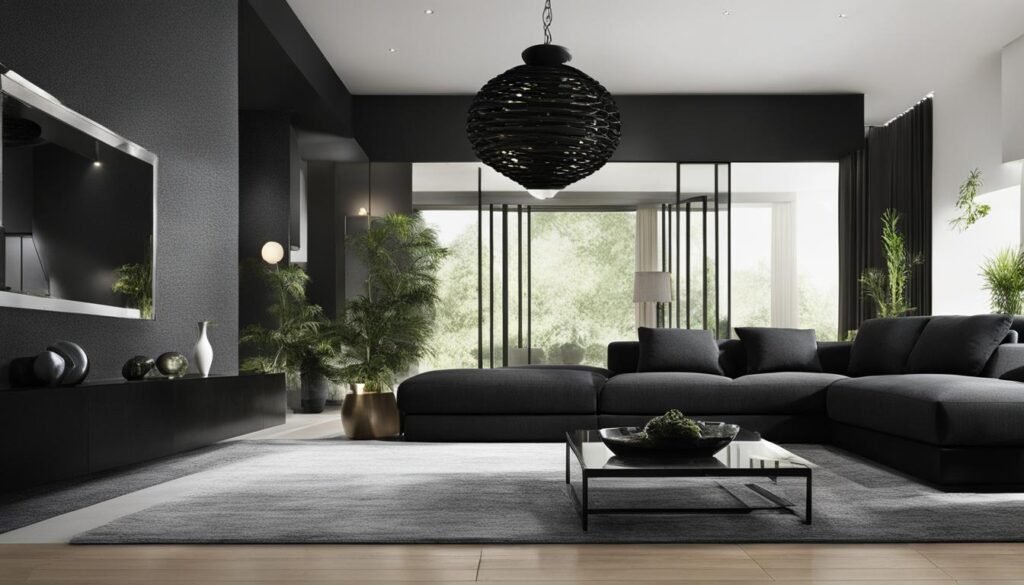
The Impact of Black Clothing and Language
Black clothing has a profound impact on individuals and the way they are perceived by others. It is commonly associated with power, sophistication, and formality, making it a popular choice for professional attire and formal occasions. When a person wears black clothing, it can influence how others perceive their authority, confidence, and competence.
Psychologically, black clothing can have a significant effect on the wearer’s state of mind. The color black is often associated with strength and elegance, which can boost the individual’s self-esteem and sense of empowerment. Wearing black can make a person feel more in control, enhancing their overall confidence and presence.
However, in language, the color black can carry negative connotations that reflect racial attitudes and biases. Black is frequently used in expressions with unfavorable meanings, contributing to stereotypes and discrimination. Studies have revealed that people tend to have automatic associations between blackness and negativity, which can perpetuate racial biases and prejudices.
“Color associations in language play a significant role in shaping our perceptions and attitudes. The negative connotations associated with black in certain expressions can reinforce racial prejudices and stereotypes.” – Dr. Jane Smith, Color Psychology Expert
Moreover, the impact of black clothing extends beyond psychological and societal implications. Research on stereotype threat has shown that black individuals may experience performance degradation in academic settings when their race is highlighted. This phenomenon can create heightened anxiety and hinder cognitive performance, leading to underachievement compared to their potential abilities.
Color Associations in Language
| Color | Positive Associations | Negative Associations |
|---|---|---|
| Black | Sophistication, Elegance | Negativity, Fear, Mourning |
| White | Purity, Innocence | Emptiness, Coldness |
| Red | Passion, Energy | Anger, Danger |
| Green | Nature, Harmony | Envy, Inexperience |
Table 1: Color Associations in Language
The impact of black clothing and color associations in language extends beyond individual preferences and fashion choices. It is essential to recognize these influences and strive for inclusivity and fairness in our language use. By being mindful of the connotations and stereotypes associated with black, we can promote a more equitable society and foster understanding among individuals of diverse backgrounds.
Conclusion
The color black can have a profound impact on our mood and psychological well-being. While it is often associated with power, sophistication, and elegance, black can also evoke negative emotions like anger, fear, and sadness. The psychological effects of black are influenced by personal experiences and cultural associations, highlighting the importance of being aware of racial attitudes and biases when using black in language and communication.
In terms of design, black can be a powerful tool to create a sense of sophistication and grounding. When used sparingly and in appropriate rooms, it can enhance the overall aesthetic and ambiance. However, it is crucial to strike a balance and avoid excessive use of black, as it may create a gloomy or oppressive atmosphere.
Overall, the impact of black on mood and mental well-being is highly individualized. Personal preferences, cultural backgrounds, and experiences play a significant role in determining how black color affects individuals. It is essential to approach the use of black with open-mindedness and mindfulness, considering the diverse perceptions and associations that it can evoke.
FAQ
How does the color black affect your mood?
The color black can evoke both positive and negative emotions. It is often associated with power, sophistication, and elegance. However, it can also evoke negative emotions like anger, fear, and sadness.
What are the psychological meanings of black?
Black is often associated with authority, intelligence, and prestige. It can also symbolize hiding, secrecy, and the unknown. Different cultures have different associations with black, with Western traditions often associating it with death and mourning.
How is black used in feng shui and design?
In feng shui, black is associated with the water element and is believed to evoke feelings of power, mystery, and calm. In interior design, black is often used to create a sense of sophistication and elegance. It can be used in different rooms to evoke different moods and energies.
What is the impact of black clothing and language?
Black clothing is often associated with power, sophistication, and formality. It can have a psychological impact on both the wearer and those around them, influencing perceptions of authority and confidence. In language, black is often used in expressions with negative connotations, which can reflect racial attitudes and biases.
What is the conclusion on black color and mood?
The color black has both positive and negative psychological effects. It can evoke feelings of power, sophistication, and elegance, but it can also be associated with negative emotions like anger, fear, and sadness. Different cultures have different associations with black, and it is important to be aware of racial attitudes and biases when using black in language. In design, black can be used to create a sense of sophistication and grounding, but it should be used sparingly and in appropriate rooms.
